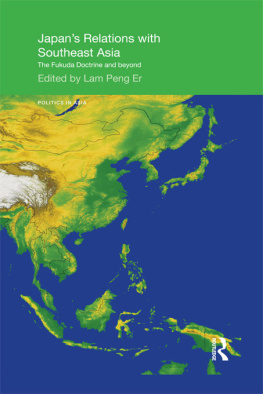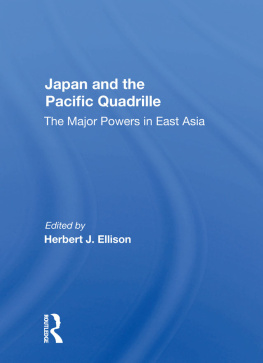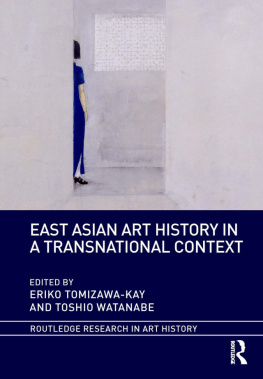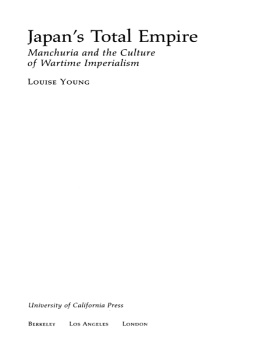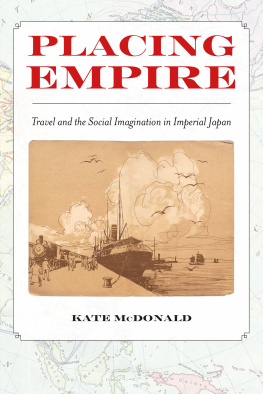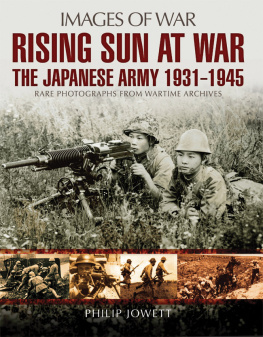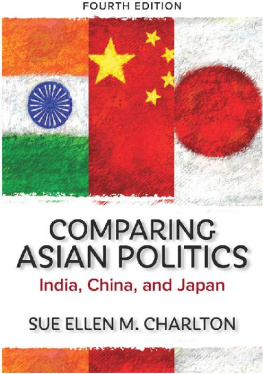Seok-Won Lee - Japan’s Pan-Asian Empire: Wartime Intellectuals and the Korea Question, 1931–1945
Here you can read online Seok-Won Lee - Japan’s Pan-Asian Empire: Wartime Intellectuals and the Korea Question, 1931–1945 full text of the book (entire story) in english for free. Download pdf and epub, get meaning, cover and reviews about this ebook. year: 2020, publisher: Routledge, genre: Politics. Description of the work, (preface) as well as reviews are available. Best literature library LitArk.com created for fans of good reading and offers a wide selection of genres:
Romance novel
Science fiction
Adventure
Detective
Science
History
Home and family
Prose
Art
Politics
Computer
Non-fiction
Religion
Business
Children
Humor
Choose a favorite category and find really read worthwhile books. Enjoy immersion in the world of imagination, feel the emotions of the characters or learn something new for yourself, make an fascinating discovery.

- Book:Japan’s Pan-Asian Empire: Wartime Intellectuals and the Korea Question, 1931–1945
- Author:
- Publisher:Routledge
- Genre:
- Year:2020
- Rating:4 / 5
- Favourites:Add to favourites
- Your mark:
Japan’s Pan-Asian Empire: Wartime Intellectuals and the Korea Question, 1931–1945: summary, description and annotation
We offer to read an annotation, description, summary or preface (depends on what the author of the book "Japan’s Pan-Asian Empire: Wartime Intellectuals and the Korea Question, 1931–1945" wrote himself). If you haven't found the necessary information about the book — write in the comments, we will try to find it.
This book is a study of how the theories and actual practices of a Pan-Asian empire were produced during Japans war, 19311945.
As Japan invaded China and conducted a full-scale war against the United States in the late 1930s and early 1940s, several versions of a Pan-Asian empire were presented by Japanese intellectuals, in order to maximize wartime collaboration and mobilization in China and the colonies. A broad group of social scientists including Ryama Masamichi, Kada Tetsuji, Ezawa Jji, Takata Yasuma, and Shinmei Masamichi presented highly politicized visions of a new Asia characterized by a newly shared Asian identity. Critically examining how Japanese social scientists contrived the logic of a Japan-led East Asian community, Part I of this book demonstrates the violent nature of imperial knowledge production which buttresses colonial developmentalism. In Part II, the book also explores questions around the (re)making of colonial Korea as part of Japans regional empire, generating theoretical and realistic tensions between resistance and collaboration.
Japans Pan-Asian Empire provides original theoretical perspectives on the construction of a multi-ethnic and multi-cultural empire. It will appeal to students and scholars of modern Japanese history, colonial and postcolonial studies, as well as Korean studies.
Seok-Won Lee: author's other books
Who wrote Japan’s Pan-Asian Empire: Wartime Intellectuals and the Korea Question, 1931–1945? Find out the surname, the name of the author of the book and a list of all author's works by series.


